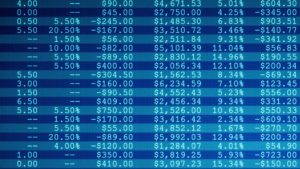
How to Choose the Best Oil and Gas Accounting Software

As accounting pros, many of us have used a variety of software programs and over the years discovered that some were definitely better than others. When it comes to the oil and gas accounting software, out of the box solutions just don’t seem to give us all of the features we need like AFE, JIB, and revenue accounting or are systems that are extremely complicated and simply not a good fit.
At COPAS, we provide a variety of professional development education courses and accounting solutions to our members and wanted to create this guide on how to choose the best oil and gas accounting software. In addition to providing your CPAs with the knowledge and educational courses that they need to succeed, having the right tools will allow them to be as productive as possible and bring valuable insights to your company.
Map Your Workflow and Review Your Current System
Evaluating and mapping workflow allows you to analyze your process and determine what functions of your current accounting software are necessary, which functions can be removed, and which processes could be streamlined through automation.
After you map out your workflow, make a list of the functions that you have deemed necessary. In addition, set meetings with employees who regularly use the software and get their input. Ask them what they like and dislike about the software, what they think can be streamlined or improved, and what functionalities they see as necessary.
Find Software That Fits Your Organization’s Needs

Platforms specifically for oil and gas are able to handle anything from upstream, midstream, and downstream, to payroll and oilfield services. Essentially, make sure the software you choose is able to execute what your industry segment requires. For example, upstream operations will demand joint entry billing while midstream will require gas plant processing.
We highly recommend that you take advantage of software demonstrations and ask the vendor a lot of questions about features before you choose to invest in a new system, so you can ensure that it suits your needs.
Look for Customizable Reporting and Real-Time Data
Any system that is worth your time should be able to easily accommodate fantastic customizable reporting and data analysis. If you choose a system that has less than ideal reporting capabilities, you may find yourself in trouble when you need to pull important information like cost per barrel from February of last year or margin analysis on pipeline throughput to help inform important decisions.
Ask About Automation
It is no secret that automation is a fantastic way to increase efficiency and productivity in any industry, but this is especially true in oil and gas accounting.
Your software should be able to analyze, organize, manage, and present financial information as needed without your team having to do a lot of manual work.
The software that you decide to use should complete certain processes automatically, so your team can focus their energy and time towards more important matters.
Consider the Size of Your Organization
Organizations in the oil and gas industry come in all shapes and sizes. Robust accounting software that is decked out with all of the bells and whistles and allows over a dozen users could be perfectly suitable for larger firms but a waste of money for smaller operations that won’t utilize everything offered.
Now, if you’re a small group experiencing growth at the moment, some software providers allow you to easily add features and expand the functionality. It is also important to note that setup and configuration will likely take more time for organizations that do need a more robust system.
Don’t Forget About Scalability
You will also need to take future integrations and growth into consideration when choosing new accounting software. Older platforms might not play nice with third-party modules that could prove to be beneficial to your team.
You should keep in mind the types of functions you require today, and in the future, so that you can avoid getting stuck with a system that becomes quickly outdated and cannot support your efforts.
For example, document management or e-payables systems are not a component of basic accounting systems but they are both important extensions that should seamlessly integrate with any system you choose.
At COPAS, we strive to provide accounting professionals in the oil and gas industry with the education, solutions, and industry network they need to succeed.
Learn more about generating business with the help of COPAS. We provide expertise for the oil and gas industry through the development of Model Form Accounting Procedures, publications, and education.
COPAS POLICIES: Complaints | Cancellation & Refund Policy


















